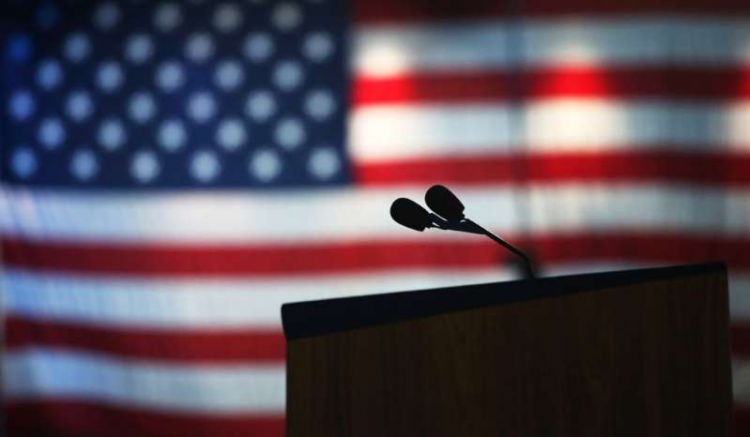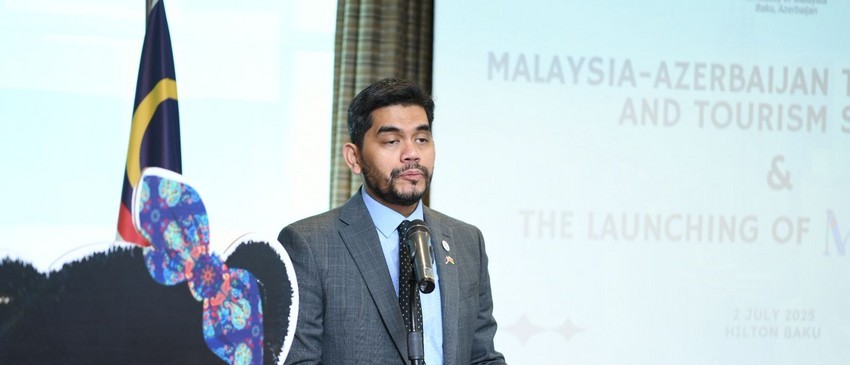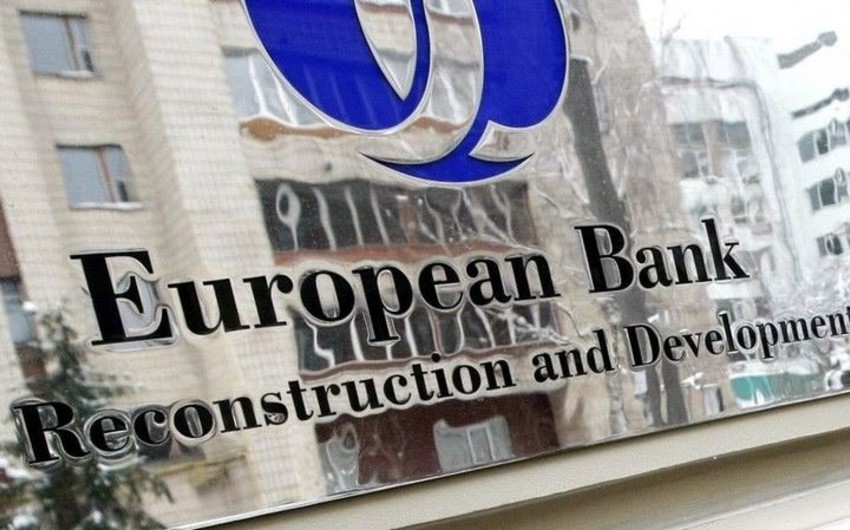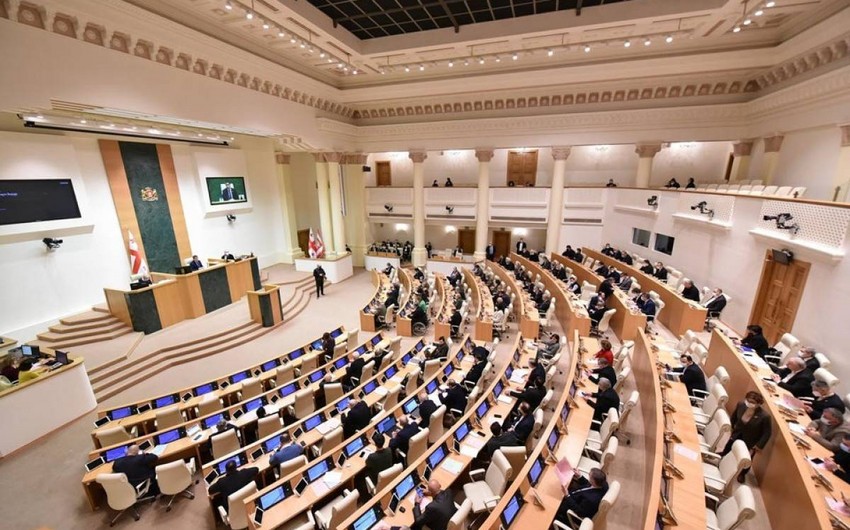In this current moment of stark polarization, swaggering incivility, and self-congratulatory fury, do the Left and the Right agree on anything? Yes, as it happens. They agree that our politics has become a seemingly endless shoving match in the backseat of America’s careening station wagon. Alas, that’s where the consensus ends. “They started it!” each side shouts indignantly as they push and punch.
Few are enjoying the ride. In a CBS News poll conducted last year, 68 percent of American voters said that the “tone and civility of U.S. political debate” was getting worse, while only 7 percent said it was getting better. Overwhelming majorities of Republicans, Democrats, and unaffiliated voters agreed on this point. Most respondents in all three groups also said they were “optimistic that Americans of different political views can still come together and work out their differences.” They just haven’t seen anything like that in a long time.
Public concerns about the political process are influencing public perception of political results. In a Gallup poll earlier this year, only 38 percent of Americans said they were satisfied with how well “the U.S. system of government works.” That’s down from 68 percent saying they were satisfied at the start of the 21st century, and 53 percent as recently as 2008. Democrats are, not surprisingly, much more likely than Republicans to express dissatisfaction. They are the minority party in Washington, and in a large majority of state governments. But even GOP-leaning voters are currently divided on the question, whereas during the presidency of George W. Bush the share of satisfied Republicans usually stayed between 70 percent and 80 percent.
When it comes to the deterioration of the political conversation, then, Americans largely agree on the diagnosis. They disagree on the cause. Republicans tend to put more blame on past and present Democratic leaders, the liberal media, radicalized campuses, and other left-wing institutions. Democrats finger Donald Trump, Republicans in Congress, gerrymandering, the Religious Right, and conservative media as the culprits.
If prompted to be more self-aware in ascribing blame, surely they would suggest some version of “all of the above,” even as each side reserved the right to weight the various causes according to its political preferences. But to my way of thinking, getting to a universal indictment isn’t particularly useful. Assuming the current state of affairs is bad, what can really be done about it if everything and everyone is to blame? We have no magic wands to wave. We can’t suddenly reshape the entire political landscape, or rebuild all social institutions from the ground up. And to whom does the pronoun “we” apply, anyway?
Focusing on leaders
I’ll be more specific about my own “we.” Three years ago, several dozen political and community leaders in my neck of the woods, North Carolina, decided to tackle this problem collectively. We formed the North Carolina Leadership Forum (NCLF). It is housed at Duke University and receives financial support from both left-leaning and right-leaning foundations. For roughly a year at a time, we convene a politically diverse cohort of leaders — current and former officeholders, business and nonprofit executives, policy analysts, educators, activists, and others — to participate in serious, behind-closed-doors deliberation on a challenging topic. The first cohort tackled poverty and economic mobility. The second cohort chewed on energy policy, including climate change. In addition to hosting structured sessions and small-group discussions, we asked NCLF participants to pair up across the political divide for coffees, lunches, and other informal time. The program seeks to build social capital, establish at least some common facts and assumptions, and help leaders understand why other people, just as intelligent and well-meaning, might come to different conclusions about politics and policy.
The initial results have been promising. Over the first two cohorts, an average of 86 percent of leaders said in post-participant surveys that they had gained a better understanding of why others may not see things the same way they do. Large majorities also said that they had formed personal relationships across the partisan divide with people they probably wouldn’t otherwise have met, and that they would recommend that other North Carolina leaders participate in the program. Several collaborations or local initiatives have already arisen directly out of the North Carolina Leadership Forum. We expect more in the future.
NCLF’s theory of change can be summed up in two words: Leadership matters. The decline of civil discourse and constructive engagement across political differences may appear to present a chicken-and-egg dilemma. Do political leaders act the way they do because they reflect, and are catering to, the sentiments of their constituents? Or are those constituents mirroring what they read, hear, and see from their leaders? While both phenomena are present, we think the latter — a decline in admirable, effective leadership producing ever-worsening behavior by followers — is the stronger effect.
America has plenty of effective politicians. But effective leadership means something other than winning elections or transacting legislative business. It means rebuilding public confidence and restoring a public discourse that elevates rather than demeans.
When leadership matters most
It would be easy to say that We the People already know the solutions to our problems, and that elected officials just need to stop arguing with each other and implement our collective will. This would be easy to say, but wrong. We need effective political leadership not because voters agree but precisely because we so often disagree. I have my opinions about political issues; you have yours. By all means, we should energetically present our respective cases. But we don’t have to shout them. And we can listen at least as much as we talk.
Think about the last time you used kitchen tongs or a pair of pliers. You know how you need to use both sides to get a firm grasp on something? Self-government works the same way. We should be able to understand the views of others and credit them with useful insights or good intentions, even if we don’t share their conclusions. It’s how our views get more refined, robust, and relevant. It’s how we separate the political from the personal. It’s how we get a grip.
Our leaders could be modeling such constructive engagement. Most aren’t. They ought to. It would demonstrate courage and confidence, not insecurity or timidity. And it would probably make a big difference.
You see, another problem with the “bow to the collective will” argument is that, on many matters of both style and substance, public opinion isn’t always fixed. In his 2012 book Follow the Leader, political scientist Gabriel Lenz offers lots of evidence for the proposition that “voters first decide they like a politician for other reasons, then adopt his or her policy views.” Sometimes called a “conformity effect,” this phenomenon helps to explain why Republicans have recently become more hostile to free trade, and Democrats more supportive. They are just following cues from their party leaders.
Depending on your point of view, you may see another manifestation of the conformity effect more positively: criminal-justice reform. In recent years, politicians, activists, and civil leaders across the political spectrum have increasingly coalesced around a series of ideas — sentencing reforms, changes to the operation of probation and parole programs, and workforce-reentry policies — that promise to spend taxpayer dollars more effectively in fighting crime while also making it easier for offenders to get jobs as they turn over a new leaf.
Some conservatives adopted these views on their own, after careful reading of empirical evidence and talking to people with experience in the justice system. But many others would never have initiated such a thought process themselves. As Johns Hopkins University professors David Dagan and Steven Teles described in a fascinating 2015 study, reform-minded conservative leaders pursued a strategy scholars call “identity vouching.” By publicly and consistently endorsing criminal-justice reforms, they gave their right-leaning followers a kind of implicit permission to reconsider long-held positions.
Follow-the-leader and identity-vouching strategies are most likely to succeed when there’s no misalignment between desired change and fundamental values. With regard to civil dialogue and constructive engagement, perhaps this assumption is unwarranted. Perhaps, despite protestations to the contrary, most Americans want circus and burlesque from their politicians, not statesmanship and sound governance. But the polling evidence, taken from diverse sources and going back decades, suggests otherwise. Democrats may well denounce the mote — okay, let’s face it, the sequoia trunk — in Donald Trump’s eye even while squinting through the logs lodged in their own peepers. Republicans may rationalize, too. But other than ad reps for news channels and the consultants who run independent-expenditure groups, who can truly be happy about all this? Who can honestly claim to be proud of American politics at the moment?
Wishes are fine. Actions are better. Carefully aimed actions are best. While we welcome any and all efforts to reknit the fabric of productive discourse, from formal educational programs to simple acts of kindness by one person to another, my colleagues and I at the North Carolina Leadership Forum have decided to focus on leaders. We’re not trying to eliminate the extremes or convert anyone. I am a committed conservative. My principles, perceptions, and preferences are unlikely to change much, if at all, from the experience, although I shouldn’t say the same for my views on any particular issue.
If the public wants a better form of politics, I am increasingly convinced that leaders will have to model it. NCLF is trying to do just that for North Carolina. Perhaps other communities will follow our lead. The first step is for each of us to stop blaming others and take responsibility for our own part of the problem.










